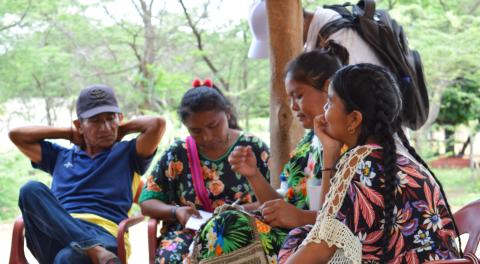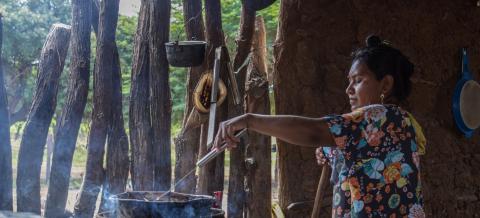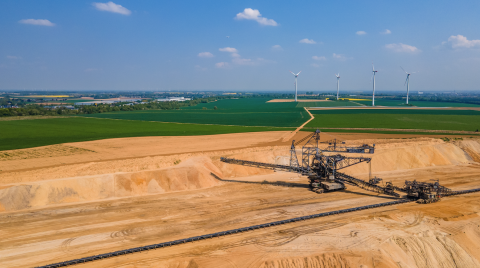
Engaging communities in a just transition: Cesar, Colombia
Exploring how the energy transition is impacting community livelihoods
This story is part of a global project, “Engaging communities in a just transition”, launched by the EITI in early 2022 with support from the Ford Foundation. Implemented in four communities in Colombia, Ghana and Indonesia, this two-year project explores how the energy transition is impacting community livelihoods and the obstacles that communities face in accessing and using data and dialogue platforms. It seeks to strengthen the EITI’s role in ensuring that community priorities are better taken into account in public debate and decision-making on the energy transition.
Cesar in pictures
In 2022, the EITI commissioned a photo project to capture the communities and energy sector within Cesar.
The community
The communities of El Paso and Becerril are located in the department of El Cesar, in Colombia’s Caribbean region. The area is rich in natural resources, and home to forests, water supplies and wildlife species.
Historically, Cesar’s economy and the livelihoods of local communities have been highly dependent on coal mining. In recent years, the region has been affected by changes in global energy consumption. Coal miners have ceased operations, creating uncertainty for families whose livelihoods depend on mining.
At the same time, Cesar is attracting interest from renewable energy companies due to its high solar potential and the availability of land. Currently, one of Colombia’s largest solar power plants is under construction in the department. The area also hosts deposits of metals essential for the energy transition such as copper. Cesar is now at a crossroads and working towards a diversified economy.
- Population: 34,620 (El Paso) and 20,480 (Becerril)
- Main industries:Coal
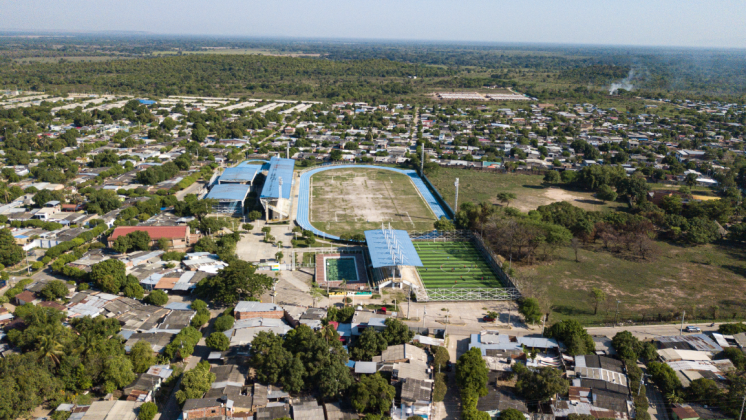
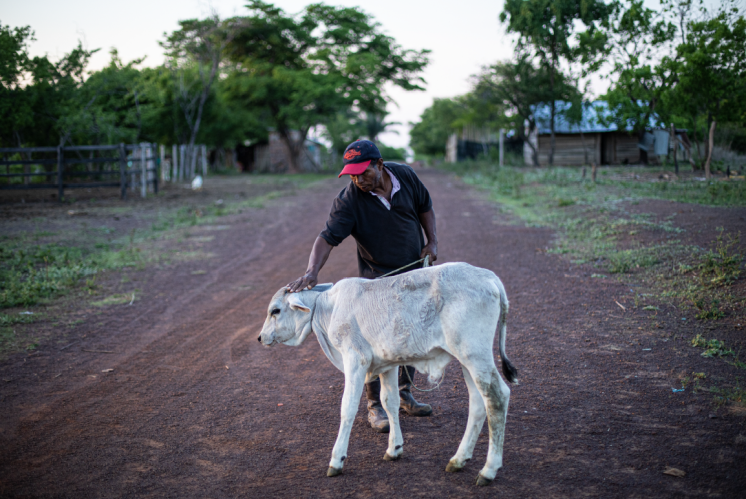
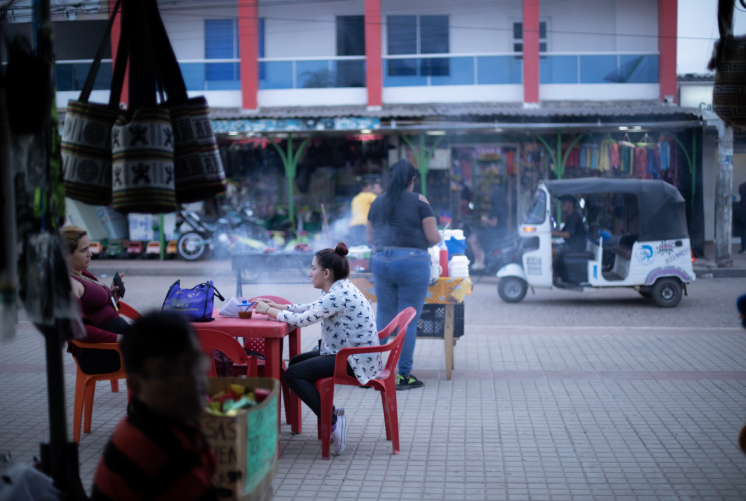
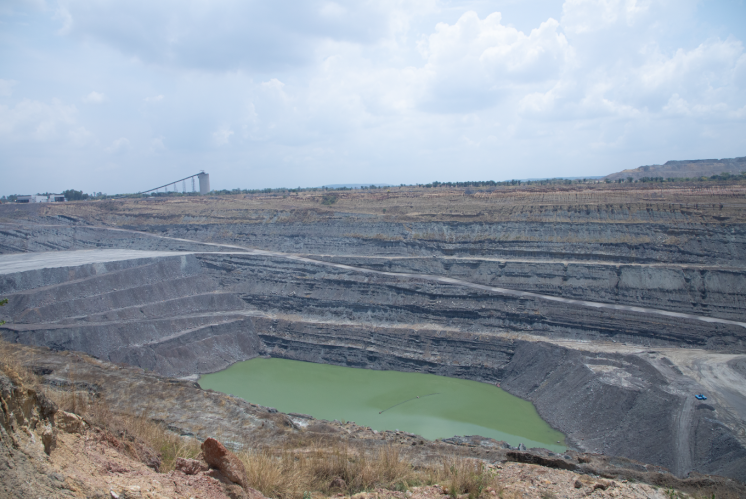
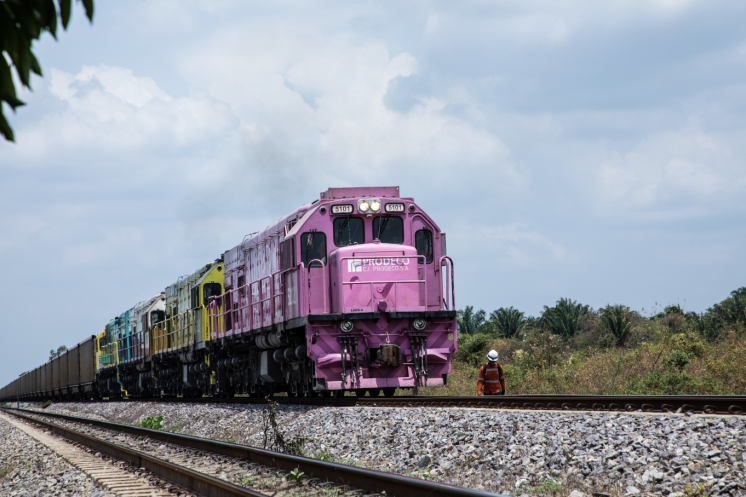
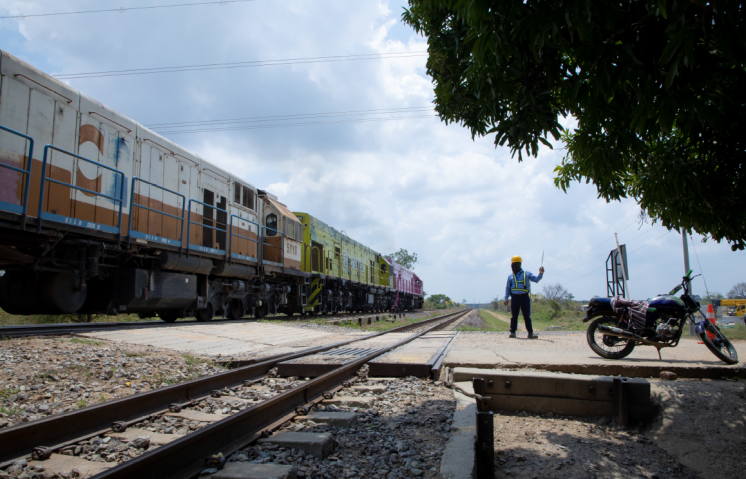
Opportunities and challenges
Mining represents an important source of employment in Cesar. But communities have also expressed concern about environmental damage and harm to traditional ways of life.
Although municipal governments have historically used revenues from the extractive sector to invest in public infrastructure, some stakeholders feel that spending decisions have not always reflected community needs. With the recent closures of mining projects, communities have expressed concern over rehabilitation planning and are worried that local priorities are not being taken into account.
Engagement between municipal authorities and different organisations working on the topic of the energy transition has sometimes been tense, and distrust and restrictions on dialogue persist. Some community members feel that they are not being consulted on key decisions, such as the granting of licenses for renewable energy projects. Some community members expressed an interest in information about the jobs and business opportunities that renewable energy projects would bring to the community.
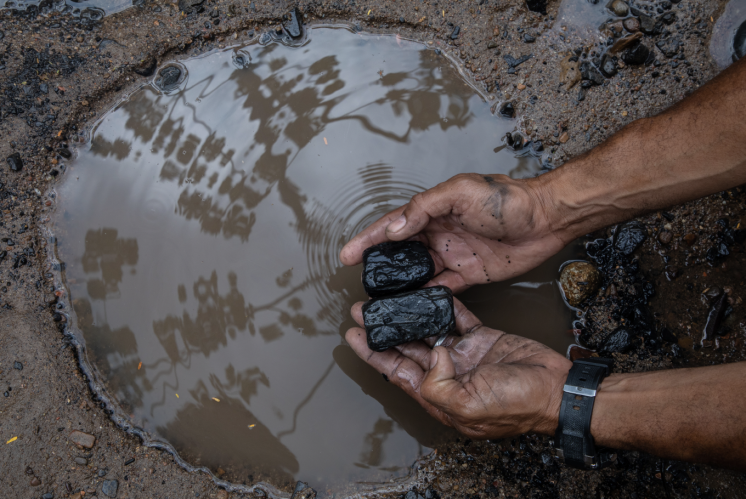
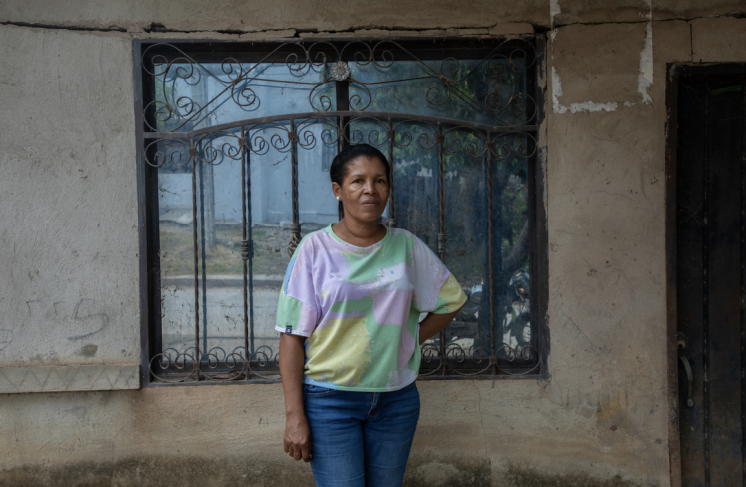
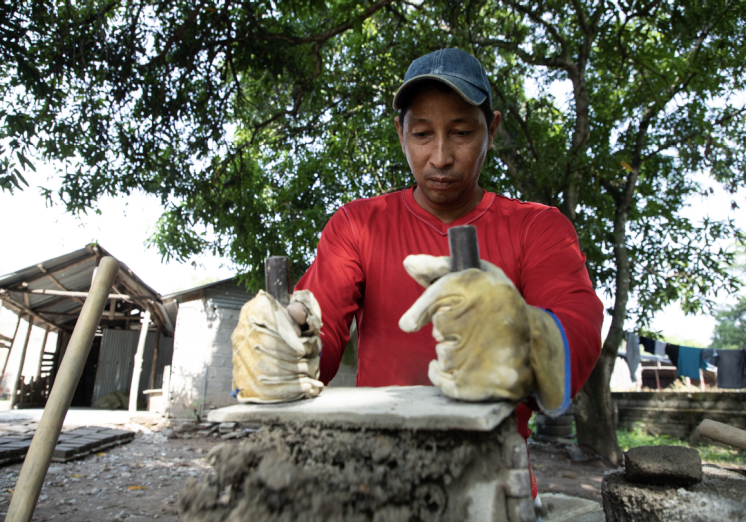
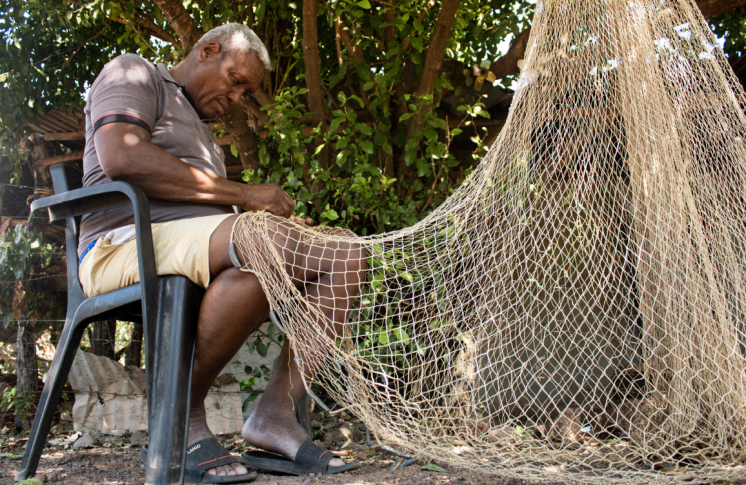
Solutions
Stakeholders feel that local EITI implementation in Cesar could enable communities to engage in open conversation with industry and government. As there are various organisations and initiatives working with communities and local authorities on energy transition issues, the EITI could provide a platform to bring these together to disseminate data and discuss transition policies.
Stakeholders said that the EITI can help reduce tensions and build trust by building public awareness of the extractive and renewables sectors and disseminate data in user-friendly formats. In particular, the EITI could shed light on subnational payments, job creation and business opportunities, and disseminate information through radio stations, public television channels and local newspapers. Youth organisations have been proactive in participating in public discussions surrounding the energy transition and have shown a keen interest in enabling communities in the region to access information on the topic.

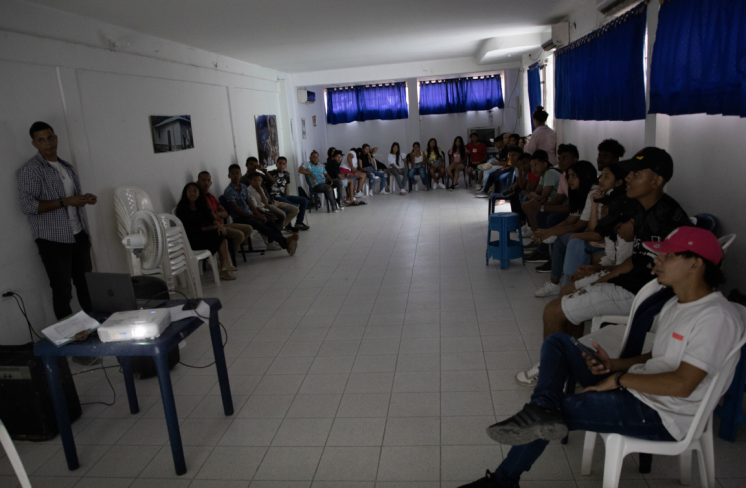
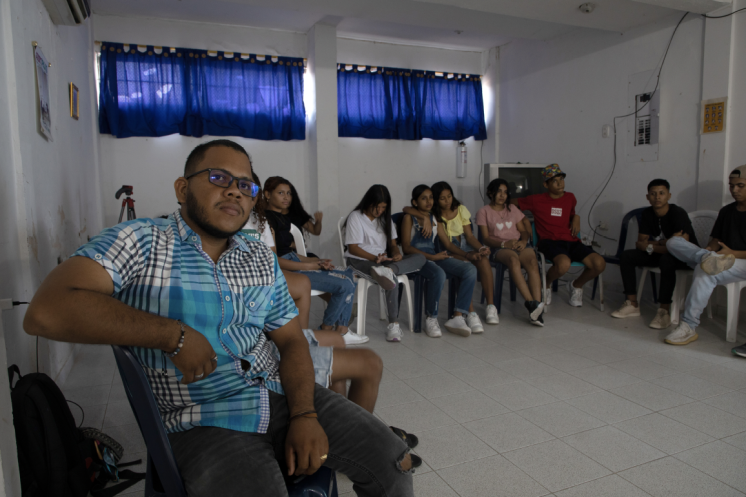
Acknowledgments
Photographer: Corporación La Rotativa
Project consultant: Insuco International Limited


